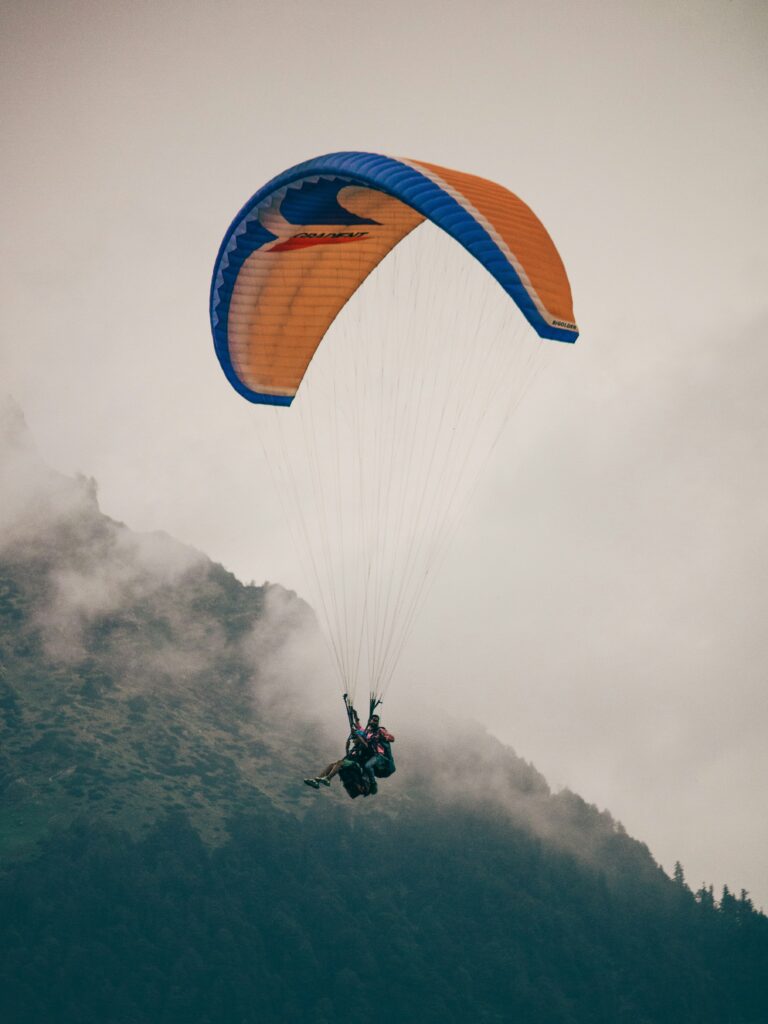Embarking on your first solo travel adventure can be both exhilarating and daunting. The freedom to explore at your own pace, discover new places, and meet people from around the world is incredibly empowering. However, without the right preparation, solo travel can also feel overwhelming. To help you make the most of your journey, here’s a guide filled with practical tips to ensure your first solo adventure is safe, enjoyable, and unforgettable.
1. Choose the Right Destination
The success of your solo travel adventure starts with choosing the right destination. For first-time solo travelers, it’s essential to select a location that matches your comfort level and interests.
Why It Matters:
Some destinations are more suited for solo travel than others, offering good infrastructure, safety, and a welcoming atmosphere. Opting for a traveler-friendly location will ease your transition into solo adventuring.
Action Step:
Research destinations that are known for being safe and easy to navigate for solo travelers. Countries like Japan, New Zealand, and Portugal are popular for their safety, friendly locals, and traveler-friendly amenities. Consider your interests—whether you’re looking for nature, culture, or city life—and choose a destination that excites you.
2. Plan Your Itinerary, But Stay Flexible
Planning is key to a successful solo trip, but it’s equally important to leave room for spontaneity. An itinerary will help you make the most of your time, but being too rigid can prevent you from experiencing the unexpected joys of solo travel.
Why It Matters:
Having a rough itinerary ensures you don’t miss out on must-see attractions, but allowing for flexibility lets you take advantage of unplanned opportunities, like a local festival or a new friend’s suggestion.
Action Step:
Create a basic itinerary that covers your main activities and accommodations, but leave gaps in your schedule for exploration and relaxation. Use travel apps like Google Maps or TripIt to organize your plans, and always have a backup plan in case something doesn’t go as expected.
3. Pack Light and Smart
When traveling solo, you’re responsible for carrying all your belongings, so packing light is crucial. Bringing only the essentials will make your journey easier and more enjoyable.
Why It Matters:
A heavy or cumbersome bag can be a burden, especially when navigating airports, public transportation, or unfamiliar streets. Packing light allows you to move freely and reduces stress.
Action Step:
Create a packing list focused on versatile, easy-to-carry items. Choose clothes that can be mixed and matched, and prioritize lightweight, quick-dry fabrics. Pack travel-sized toiletries, and consider using packing cubes to stay organized. Don’t forget important documents, such as your passport, travel insurance, and copies of your itinerary.
4. Stay Connected, But Unplug When Needed
Staying connected with family and friends is important for safety and peace of mind, but it’s also essential to unplug and fully immerse yourself in the travel experience.
Why It Matters:
Being constantly connected can prevent you from truly experiencing your destination. On the other hand, staying in touch with loved ones ensures someone knows your whereabouts, which is crucial for your safety.
Action Step:
Set specific times to check in with family or friends, and use apps like WhatsApp, Skype, or social media for quick updates. But also make a conscious effort to unplug—put your phone away during meals, take in the sights without a screen, and engage with your surroundings. Enjoy the freedom of being present in the moment.
5. Stay Safe with Smart Strategies
Safety is a top priority for solo travelers. While it’s important to stay open and adventurous, taking precautions will help you avoid common risks and ensure a smooth trip.
Why It Matters:
Solo travelers can be more vulnerable to scams or unsafe situations. By staying vigilant and prepared, you can reduce risks and protect yourself while enjoying your journey.
Action Step:
Research the local customs, common scams, and areas to avoid before you arrive. Trust your instincts—if something feels off, remove yourself from the situation. Keep your valuables secure, avoid displaying wealth, and always have a copy of important documents. Use a money belt or hidden pouch for cash and cards, and consider enrolling in a self-defense class before your trip.
6. Make Friends, But Trust Wisely
One of the joys of solo travel is meeting new people, but it’s important to balance openness with caution. Building connections can enhance your experience, but always prioritize your safety.
Why It Matters:
Meeting fellow travelers and locals can enrich your trip, but trusting too quickly can lead to risky situations. By being friendly yet cautious, you can enjoy social interactions without compromising your safety.
Action Step:
Stay in hostels, join group tours, or attend local events to meet like-minded travelers. Be open to conversations but avoid sharing personal information too quickly. Trust your gut—if someone makes you uncomfortable, it’s okay to distance yourself. Stick to public places when meeting new people, and if you feel uneasy, excuse yourself politely.
7. Embrace Solitude
Solo travel offers the unique opportunity to spend quality time with yourself. Embracing solitude can lead to personal growth, self-reflection, and a deeper connection with your surroundings.
Why It Matters:
Learning to enjoy your own company is one of the most rewarding aspects of solo travel. It allows you to move at your own pace, follow your interests, and discover new things about yourself.
Action Step:
Spend time journaling, meditating, or simply sitting in a park or café to observe the world around you. Use this time to reflect on your journey and your goals. Don’t be afraid to dine alone or explore solo—it’s a chance to fully engage with your experience without distractions.
8. Learn Basic Phrases and Cultural Etiquette
Understanding basic phrases and cultural norms of your destination can greatly enhance your experience and show respect to the local community.
Why It Matters:
Language barriers and cultural misunderstandings can create challenges for solo travelers. By learning a few key phrases and customs, you’ll navigate your destination more smoothly and connect better with locals.
Action Step:
Learn basic phrases such as “hello,” “thank you,” “please,” and “help” in the local language. Familiarize yourself with cultural norms, such as tipping practices, dress codes, and dining etiquette. Use language apps like Duolingo or Google Translate to help with communication, and don’t be afraid to ask locals for help or clarification.
9. Manage Your Finances Wisely
Solo travelers need to be especially careful with money management, as there’s no one else to rely on in case of emergencies. Planning and budgeting can help you avoid financial stress during your trip.
Why It Matters:
Running out of money or losing access to funds can quickly turn a dream trip into a nightmare. By managing your finances wisely, you’ll enjoy your adventure without worrying about money.
Action Step:
Set a daily budget for your trip and track your spending to avoid overspending. Carry a mix of payment methods, such as cash, credit cards, and a travel-friendly debit card. Keep emergency funds separate from your main wallet, and consider using a travel money card or a secure digital wallet. Notify your bank of your travel plans to avoid any issues with your accounts.
10. Capture Memories, But Live in the Moment
Documenting your solo adventure is a great way to preserve memories, but it’s also important to experience moments fully without the lens of a camera.
Why It Matters:
Focusing too much on capturing the perfect shot can take away from the experience itself. Balancing documentation with mindfulness allows you to create lasting memories both in your mind and in your photos.
Action Step:
Set aside specific times for photography or journaling, and put your camera or phone away during other moments. Allow yourself to be fully present, whether you’re hiking in nature, exploring a market, or enjoying a meal. Your most cherished memories will be the ones you experience with all your senses, not just through a screen.
Conclusion
Planning a solo travel adventure as a first-time traveler is an exciting and empowering journey. By choosing the right destination, packing smart, staying safe, and embracing the joys of solitude, you’ll set yourself up for an unforgettable experience. Remember, the world is full of opportunities for discovery, growth, and connection—so take the leap, and let your solo adventure begin.




